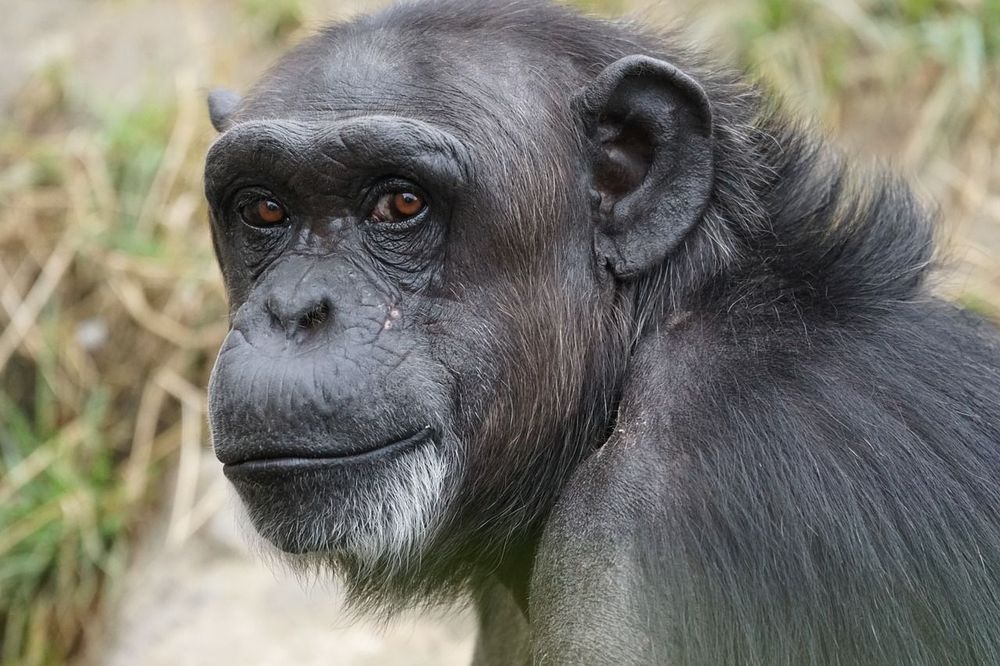Lil bits of info on DNA methylation, clocks.
Breakthrough advances in medicine and better nutrition have dramatically improved the longevity of the average human over the past two centuries. But that’s not to say that some couldn’t go on to live a long life even before the advent of modern medicine. As long as they were spared by disease, wars, and other risks that can bring an untimely death, humans could live to see their 70s, 80s, and even reach 100 years old as far back as ancient Rome.
The longevity of humans is somewhat exceptional among primates. Chimpanzees, our closest living relatives, rarely make it past age 50, despite them sharing over 99% of our DNA. In a new study, researchers think they’ve found our secret: chemical changes along our genome that occurred around 7–8 million years ago when our ancestors branched away from the lineage of chimps.
Slower ticker
There are tens of thousands of genes in the human genome, but that doesn’t mean all of them are active. For instance, through the methylation of DNA across certain sites of the genetic sequence, genes are locked in the “off” position. These modifications, known as epigenetic changes (‘epi’ means ‘above’ in Greek), do not alter the DNA sequence itself but, rather, simply regulate the activity of genes.
